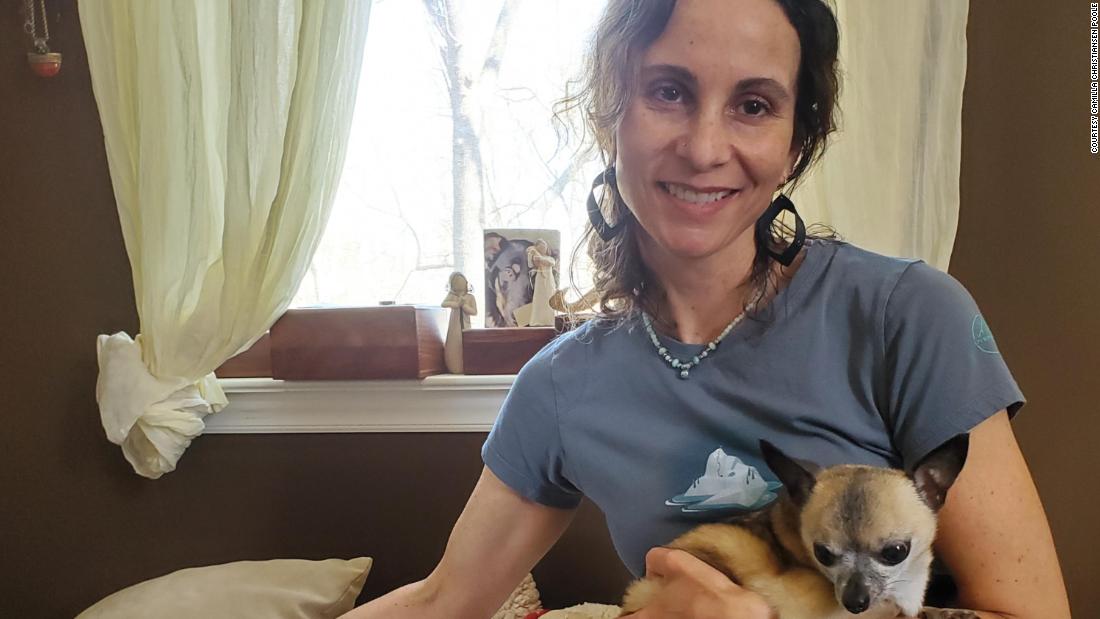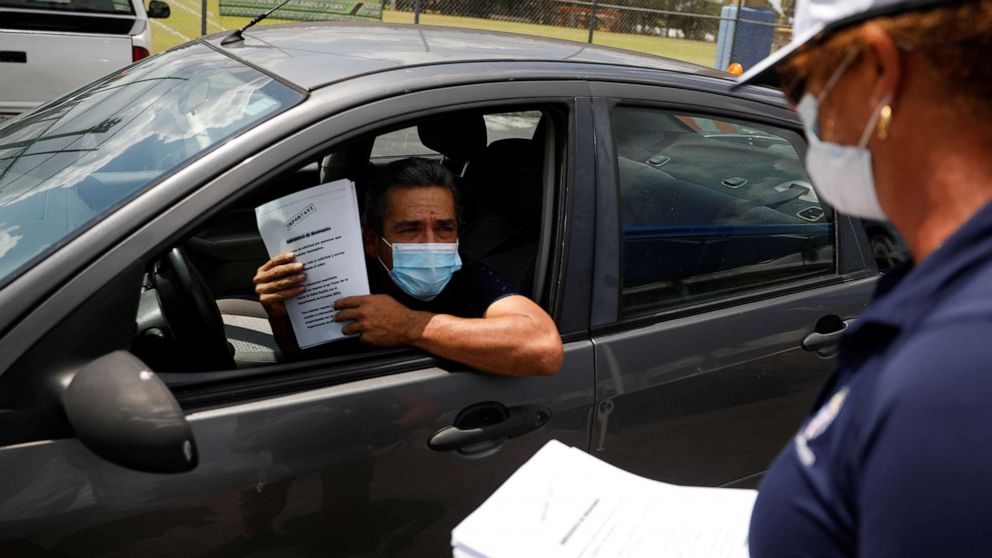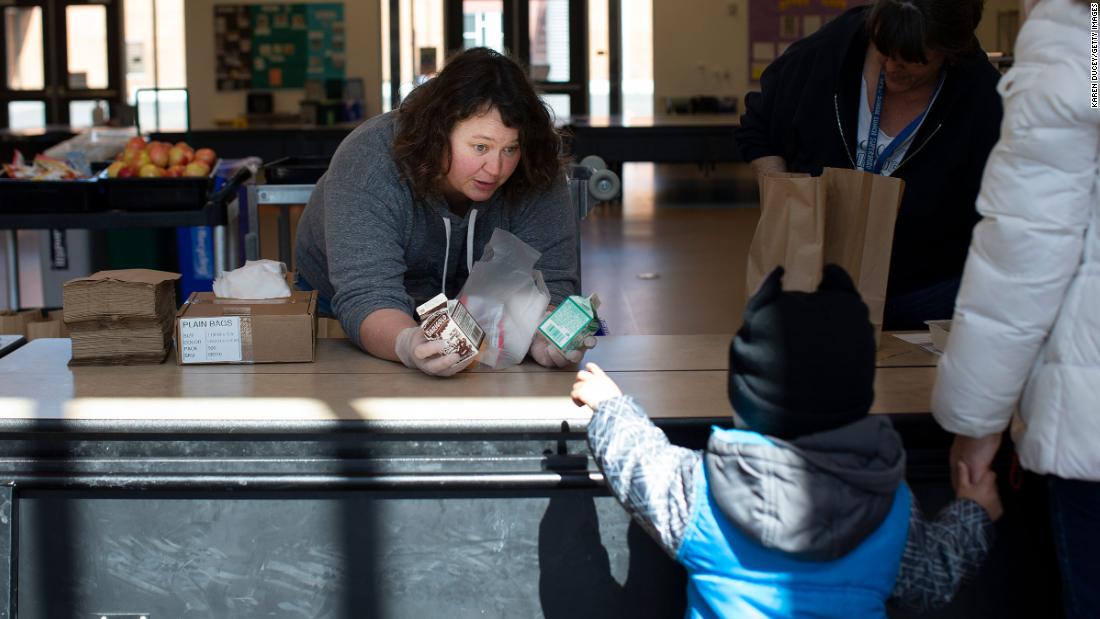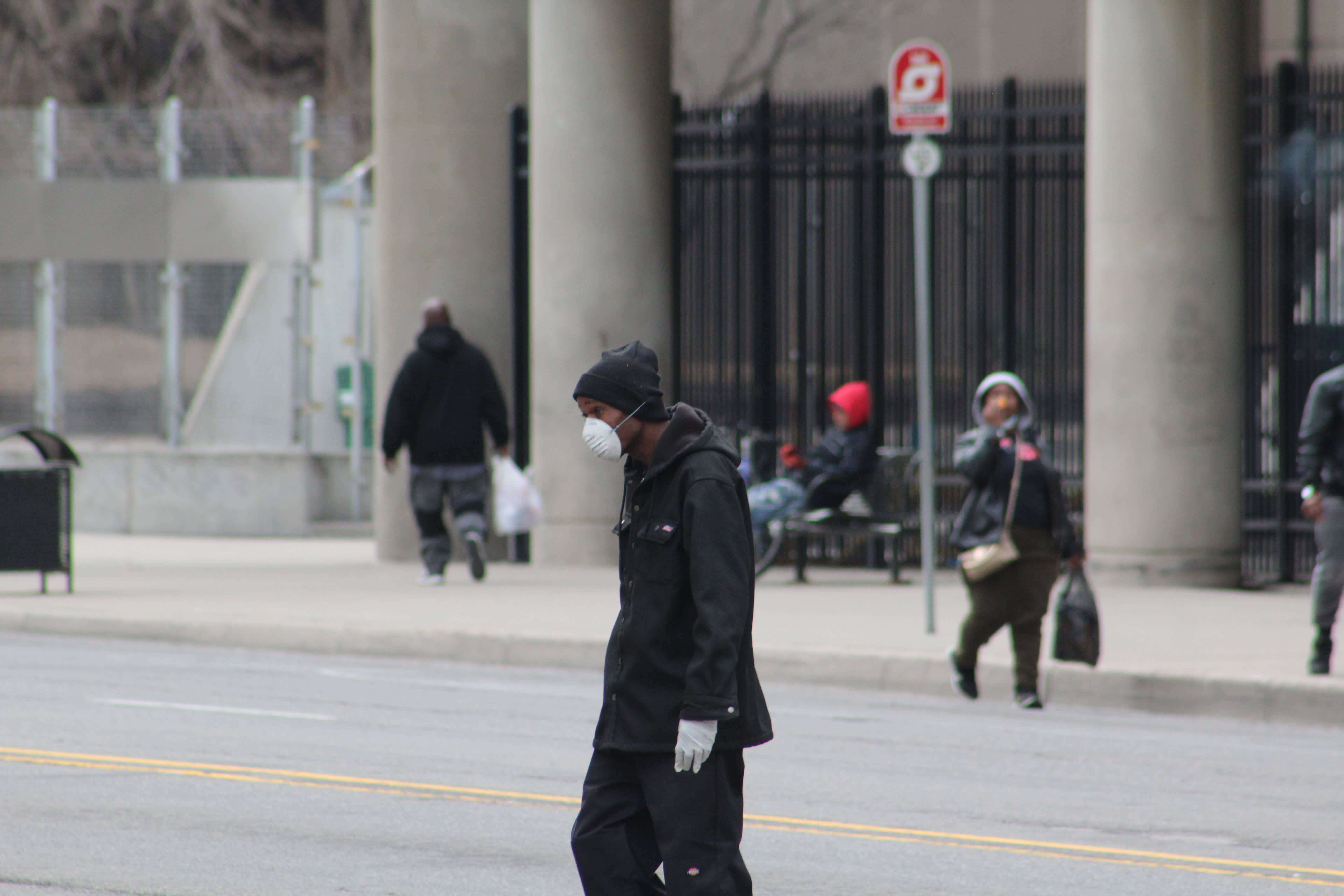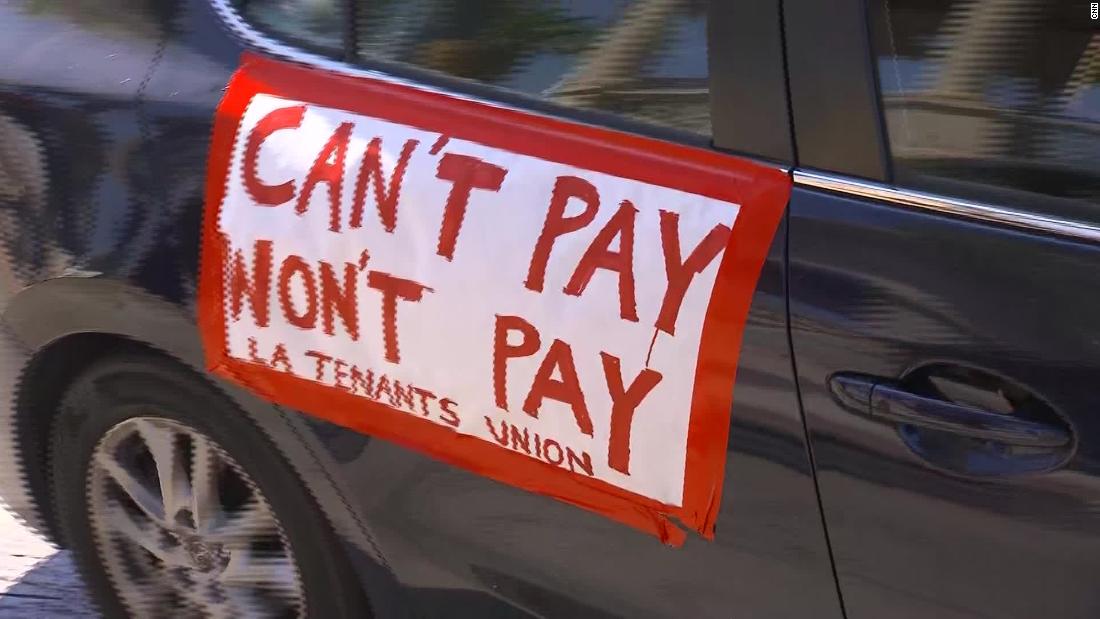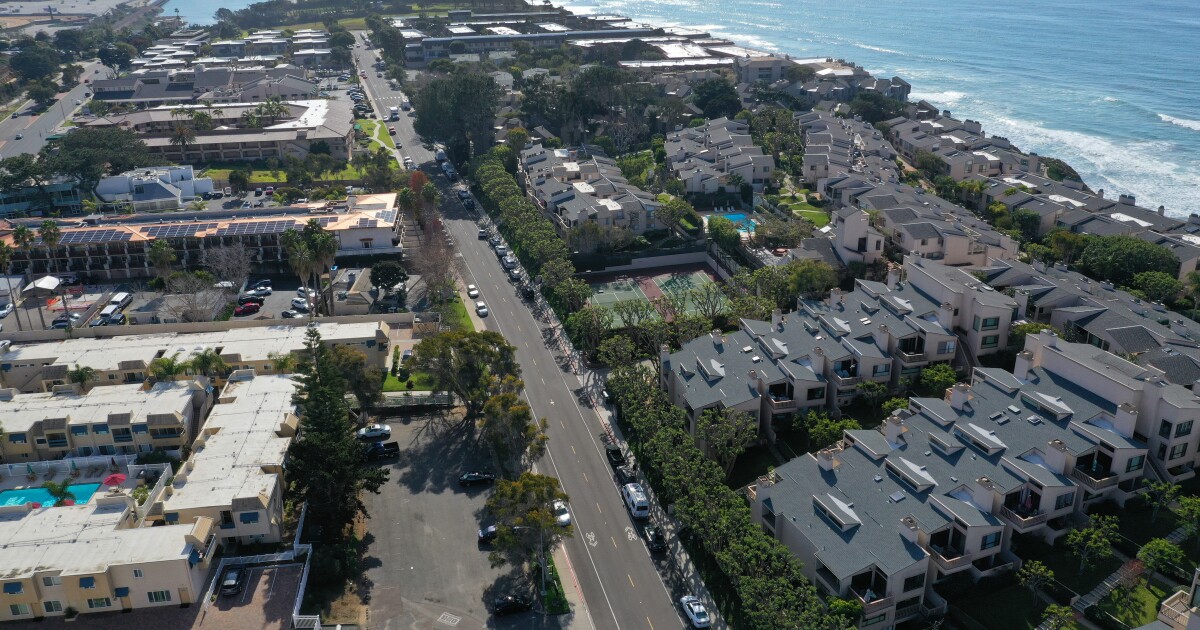“This is a quick enough shock that it could be a huge financial burden on Medicaid systems across the states,” one researcher said.
Florida spends a little less than $9 billion in state funds each year on Medicaid. It spends $14 billion in federal dollars. By comparison New York, an early expansion state with a comparable population, spends $34.2 billion in state and $40.6 billion in federal dollars on Medicaid.
Editor’s note: The Salt Lake Tribune is providing readers free access to critical local stories about the coronavirus during this time of heightened concern.
The Trump administration approved a request to loosen requirements to access Medicaid programs.
An analysis of U.S. hospital data shows why health officials are seeking more resources to treat coronavirus patients. See how resources in your area compare with the rest of the country.
Eight hours and 48 minutes.
The number of unemployed Americans continues to rise as states trying to keep up with the overwhelming amount of claims coming in.
Millions of low-income children who can no longer get free meals at school because of the coronavirus crisis have yet to receive additional federal assistance promised to them by Congress.
The economic toll of the COVID-19 pandemic has spurred a record surge in the number of people applying to CalFresh, the state’s food stamp program.
Black people make up about 14% of Michigan’s population, but 40% of all COVID-19 deaths — most of which are in the Detroit metro area.
Obesity, high blood pressure and type 2 diabetes, all more prevalent in African American communities, are risk factors for coronavirus outcomes.
Homeless shelters are running out of money, supplies and staff.
Of more than 13 million units in the US that the report covered, 69% of renters paid their rent between April 1 and 5, according to the National Multifamily Housing Council. During the same period in April 2019, 82% of households paid their rent on time, the report said.
It costs more to build low-income housing in California than anywhere else in the U.S., and the coronavirus pandemic is likely to make matters worse.

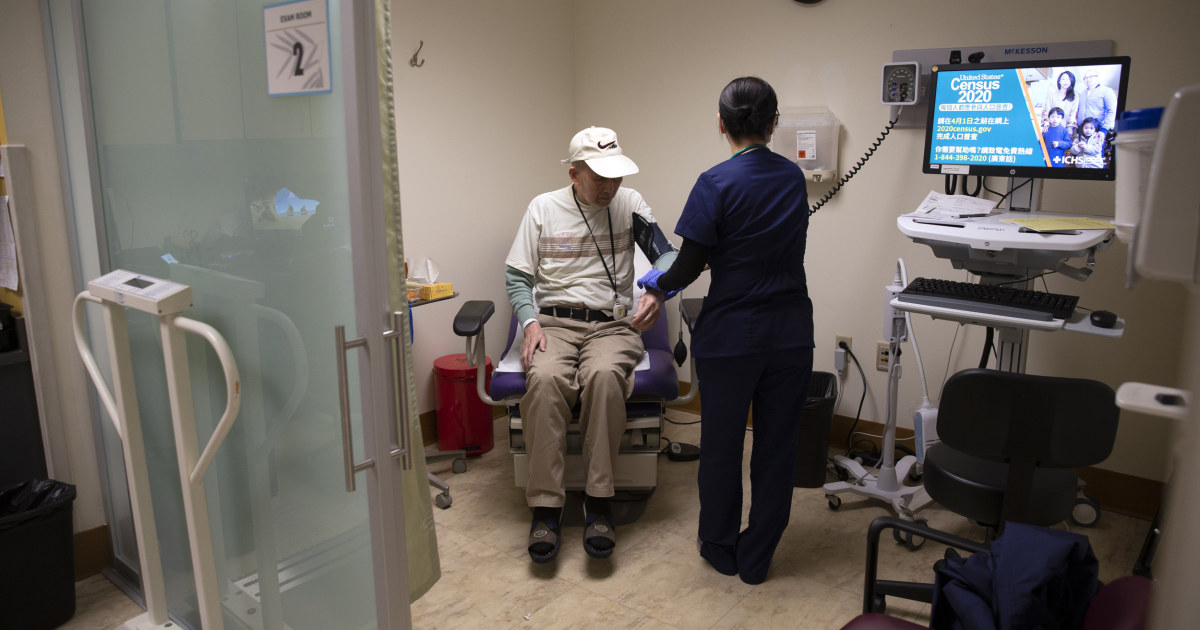

/arc-anglerfish-arc2-prod-sltrib.s3.amazonaws.com/public/SUTRE5NAPNCMLH44NFSGUSTCMA.jpg)

:quality(100)/arc-anglerfish-washpost-prod-washpost/EJYGQQDZ3QI6VG7OYW7Z2LRSRA.jpg)
